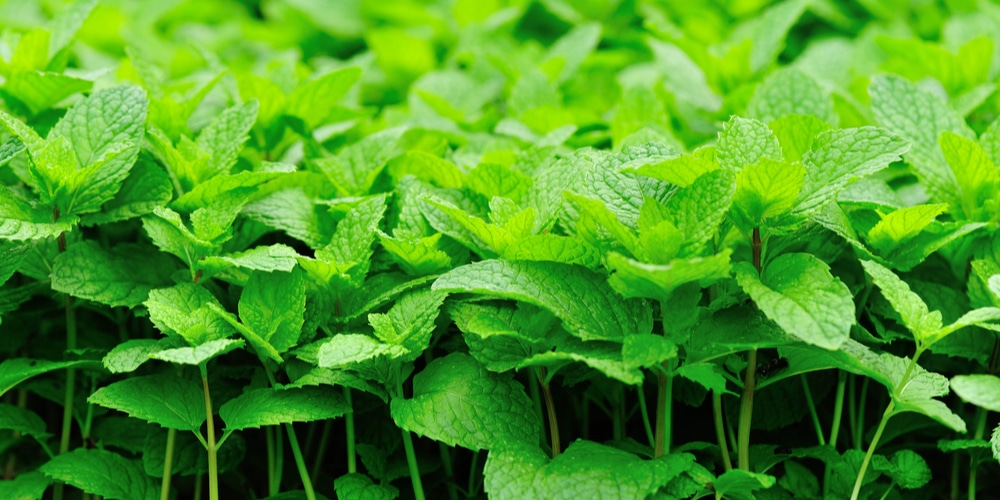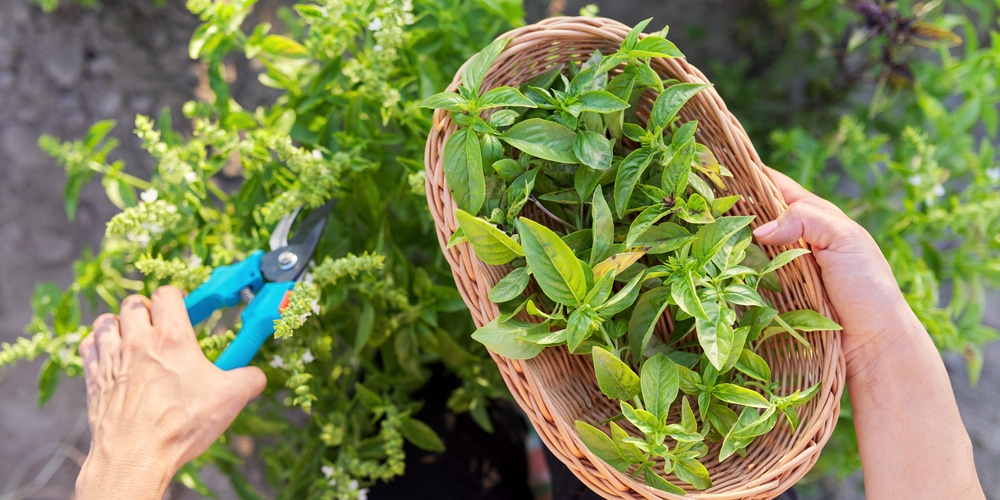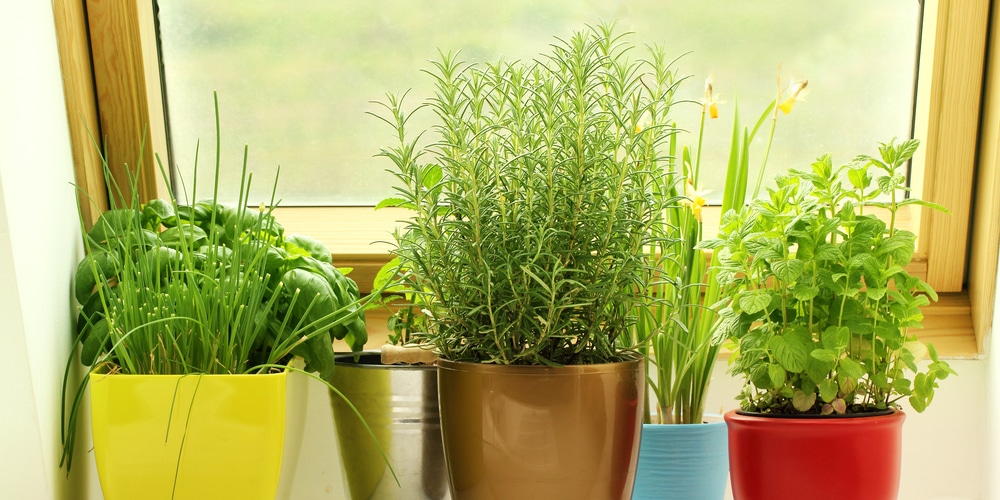Planting herbs in your garden is one of the best ways to get some satisfaction from your gardening efforts, besides the aesthetic appeal. If you like to cook, you know how crucial herbs are in giving flavor to your dishes. Plus, when blooming, herbs can be ideal companions to your other plants: indeed, pollinators love them.
Herbs also release attractive scents that you can use for cosmetics or medicinal purposes. While you can buy herbs at the supermarket, growing yours in your garden is a much more satisfactory experience. Plus, you’ll notice they tend to taste much better: all of your efforts to create the ideal conditions for your herbs to grow will be worth it in the end!
It’s Not Tough to Grow Herbs in MO
While planting herbs and having them thrive is not challenging, you have to pay attention to what requirements you have to meet. Each herb might have different needs in terms of soil conditions, water, and nutrient content. But besides creating the optimal environment for their growth, you must also plant them at the right time of the year.
While sounding trivial, knowing when you should place your herbs on the ground can make a considerable difference in the results you’ll get. Planting them too early might halt their growth and expose them to temperatures too low for their development. On the other hand, placing your plants on the ground during summer can make your plants more susceptible to diseases and attacks from pests.
The suitable time for planting herbs depends on your USDA hardiness zone. If you live in Missouri, you’ve landed in the right place. Here, we included all the tips you should know about growing herbs in your region and when to plant herbs in Missouri.
When to Plant Herbs in Missouri
Before getting to our recommendations for growing healthy herbs, let’s clarify when you should plant your herbs if you live in the Missouri area. In general, you should sow your herbs between six and eight weeks before the last frost date.
That typically happens between April the 10th and the 20th in Missouri. So, to successfully plant your herbs in this area, place them in the ground by early spring (around February and March). With frost-tender herbs, start them indoors for best results.
Also, regardless of where you decide to plant your herbs, ensure you water your seeds and plants regularly to allow them to establish in your garden. Also, you must choose a suitable location for them to thrive. Keep reading to find out what you can do to create the optimal environment for herbs’ growth.
Caring Tips to Grow Herbs in Missouri

For starters, most herbs need a sunny location to thrive. Place them somewhere they can receive at least six hours of sunlight per day. Your plant will be healthy, and you will receive abundant harvests. If you can’t find a sunny location in your garden, you can place some herbs in partial shade: however, their quality won’t be as good.
Also, the best herbs grow in soil pH between 6.5 and 7.0. Make sure the ground drains well. While these plants don’t require high fertile soil, you might have to mulch around your plant to increase water retention and boost production. Don’t forget that too much nutrient content might cause your herbs to produce excessive foliage and lose flavor. Prepare your soil by mixing peat moss and compost to create the optimal conditions for your herbs to grow healthy.
Most herbs are tolerant to most conditions. However, you may have to keep an eye out for pests and diseases. Some locations get frequent attacks from spider mites, rusts, and aphids. If you notice something is off with your plant, take prompt action as soon as you can. The earlier you can act, the better.
When to Plant Herbs in Missouri: The Bottom Line
Growing herbs isn’t challenging. Instead, it is a fun activity that can ensure you get a constant supply of ingredients to make your meals more yummy and delicious. While you won’t have to worry too much once they establish in your garden, you must plant your herbs at the right time of the year and meet their basic requirements to create the optimal conditions for them to grow.
Related Article: Which Herbs Can Be Planted Together?

